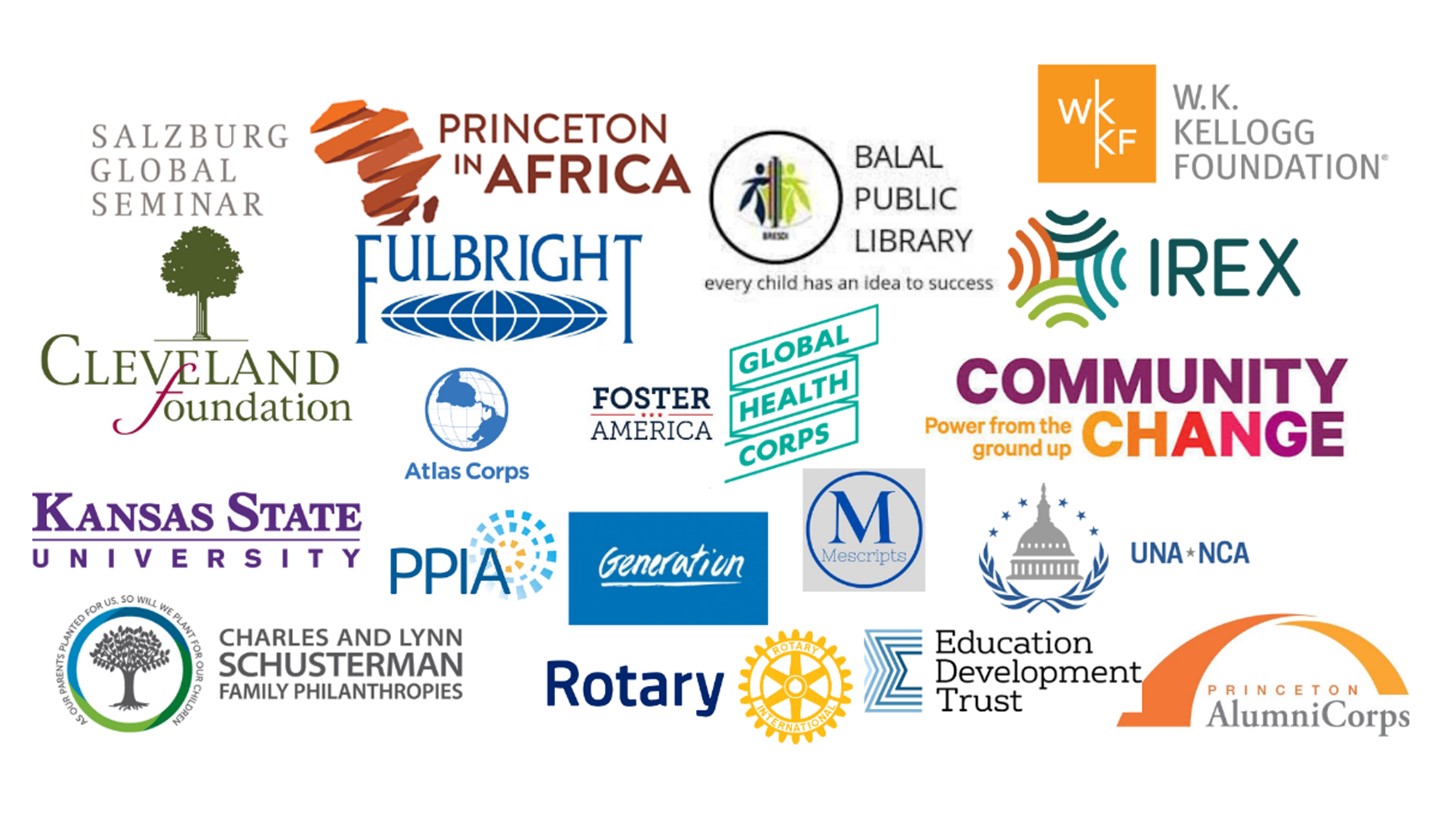Overview
The Fellowship Alumni Network Study (FANS) is a collaborative research initiative supported by the W.K. Kellogg foundation that aims to learn about the positive social impact of fellowship program alumni at all levels of society.
This initiative provides a space for organizations to share and better understand the changes alumni make in their work, activities that contribute to those changes, and the role that networks play in the process. In doing so, FANS hope to inform continued learning on how fellowship programs can support their alumni to drive positive social change.
